Understanding Boston’s Unwritten Social Codes
Boston is a city that thrives on its unique social fabric, built upon a complex system of unwritten rules, neighborhood loyalties, and cultural customs. These norms are deeply ingrained in the daily lives of locals, who absorb them over years of living in the area. However, for visitors, these unspoken guidelines can be challenging to navigate, often leading to unintentional breaches that mark them as outsiders.
From transportation etiquette to sports culture, there are numerous invisible codes that distinguish locals from those who are just passing through. Understanding these rules not only helps visitors avoid social missteps but also demonstrates respect for the community’s rich heritage and traditions.
Transportation Etiquette: The T Has Sacred Laws
The Massachusetts Bay Transportation Authority (MBTA), commonly known as “the T,” operates under specific social expectations that reflect the city’s character. Here are some key points:
- Never Call It the Subway: Locals exclusively refer to it as “the T.” Using the term “subway” immediately identifies someone as not from Boston.
- Let People Exit First, But With Boston Aggression: While the standard rule is to let people off first, Bostonians do this with characteristic directness—moving quickly and expecting others to match their pace.
- Know Your Transfers: Locals know exactly which car to board for efficient transfers. Standing in the wrong spot on the platform shows you don’t belong.
- Winter Weather Delays Don’t Excuse Lateness: Locals build T delays into their schedules and expect others to do the same. Blaming the T for being late gets no sympathy.
- Don’t Block the Doors: During rush hour, locals will physically move you if you’re blocking subway doors. It’s not personal—it’s survival in a city where everyone needs to get to work.
Neighborhood Loyalty: Choose Your Tribe Carefully
Boston’s neighborhoods each have their own distinct identities, and understanding these differences is crucial for anyone looking to fit in.
- You Can Only Criticize Your Own Neighborhood: Locals can complain about their own neighborhood’s problems, but outsiders criticizing neighborhoods (especially traditionally working-class areas) face immediate defensive reactions.
- North Shore vs South Shore Allegiances: Locals know which side of the city you’re from affects everything from restaurant preferences to cultural identity. Don’t try to be neutral—pick a side.
- Cambridge vs Boston Distinction: Never refer to Cambridge as Boston. Locals know they’re separate cities with different characters, politics, and social rules. The mistake marks you as geographically ignorant.
- Southie Has Complicated Rules: Only longtime residents can criticize South Boston’s changes. Newcomers who complain about gentrification face hostility from locals who lived through the neighborhood’s harder times.
Sports Culture: Religion With Strict Orthodoxy
Sports are more than just games in Boston—they’re a way of life, with strict expectations surrounding loyalty and tradition.
- Patriots, Red Sox, Celtics, Bruins—In That Order: Locals know the hierarchy of Boston sports loyalty. Questioning this order or claiming equal devotion to all teams shows you don’t understand local culture.
- Never Mention 1986, 2003, or 2007–2011: Certain years are off-limits for sports discussion. Locals know which losses still hurt and which victories are too sacred for casual conversation.
- Yankees Hatred Is Not Optional: Neutrality toward the Yankees is impossible in Boston. Locals expect active hatred, not just mild preference for the Red Sox. Anything less seems suspicious.
- Know Your Championship Years: Locals expect you to know when Boston teams won championships, especially recent ones. Getting dates wrong or forgetting victories shows you’re not paying attention to local culture.
Food and Drink Ordering: There’s a Right Way
Boston has its own way of doing things, even when it comes to ordering food and drinks.
- Dunkin’ Orders Must Be Efficient: Know your order before approaching the counter. Locals behind you get impatient with indecision or complicated modifications. Medium regular coffee, that’s it.
- Never Ask for “Boston Baked Beans” at Restaurants: Locals don’t eat touristy interpretations of historical Boston food. Ordering stereotypical “Boston” dishes marks you as a tourist immediately.
- Roast Beef Sandwiches Have North Shore Rules: If you’re on the North Shore, you must understand the local roast beef culture—thin sliced, on onion roll, with specific condiment expectations.
- Italian Food Has North End Geography: Different North End restaurants serve different Italian-American communities. Locals know which places serve authentic regional Italian versus tourist Italian-American performance.
Social Interaction: Direct But With Hidden Rules
Bostonians communicate in a way that can seem blunt or even aggressive to outsiders, but it’s rooted in tradition and respect.
- Sarcasm Is the Default Communication Mode: Locals communicate through sarcasm, directness, and humor that can seem aggressive to outsiders. Taking things literally shows you don’t understand Boston social norms.
- “Wicked” Usage Has Generational Rules: Younger locals use “wicked” ironically, older locals use it authentically. Using it wrong shows you don’t understand local linguistic evolution.
- Eye Contact on Street Has Neighborhood Rules: In some neighborhoods, eye contact and nods are expected courtesy. In others, ignoring strangers is proper protocol. Locals know which neighborhoods follow which rules.
Parking and Driving: Survival Rules
Navigating Boston’s streets requires an understanding of the city’s unique driving culture.
- Space Savers Are Sacred During Snow Emergencies: Don’t touch anyone’s space saver chair/cone after they shoveled out parking spot. Locals consider this theft and will retaliate accordingly.
- Rotaries Have Aggressive Entry Rules: Boston rotaries (traffic circles) operate on aggressive yielding principles that locals understand but visitors fear. Hesitation causes honking and frustration.
- Pedestrian Right-of-Way Is Aggressively Claimed: Locals walk into crosswalks expecting cars to stop, but also walk quickly and purposefully. Slow tourist walking gets honked at and sworn at.
- Parking Tickets Are Cost of Living: Locals budget for parking tickets as inevitable expense. Complaining about them shows you don’t understand Boston parking reality.
Cultural Events and Traditions: Participation Rules
Boston has several events that are deeply tied to its cultural identity, and participating correctly is essential.
- Marathon Monday Is Sacred: Patriots Day (Marathon Monday) has specific local protocols for watching, participating, and respecting the event. Tourists who treat it as a party get hostile reactions.
- Fourth of July on Esplanade Has Attendance Rules: Locals know you need to arrive early, bring proper supplies, and understand crowd dynamics. Showing up unprepared gets no sympathy.
- St. Patrick’s Day Has Southie vs Downtown Distinctions: The South Boston parade is for locals; downtown celebrations are for tourists. Locals know which events maintain authentic Irish-American culture.
Economic and Class Navigation: Subtle Status Rules
Understanding Boston’s social dynamics involves navigating economic and class distinctions.
- College Student Behavior Has Seasonal Tolerance: Locals tolerate college student chaos during school year but expect students to disappear or behave during summer months.
- Gentrification Discussion Has Neighborhood-Specific Rules: Locals can discuss neighborhood changes, but newcomers complaining about authenticity loss face accusations of causing the problem.
- Working-Class Authenticity Can’t Be Performed: Locals immediately identify people trying to perform working-class Boston identity. Authentic blue-collar culture can’t be faked or adopted.
- Tech Industry Workers Face Social Navigation: Locals have complicated relationships with tech industry growth. Tech workers need to understand local concerns about development and housing costs.
Why These Rules Matter to Locals
These unwritten rules create community cohesion, protect local culture from outsider influence, and maintain neighborhood character that locals value. Breaking them doesn’t just mark you as an outsider—it shows disrespect for local community standards.
Locals use these rules to identify who belongs, who understands the culture, and who’s committed to Boston rather than just passing through for college or temporary work. Learning these rules shows respect for local culture and commitment to becoming part of the community rather than just consuming it.

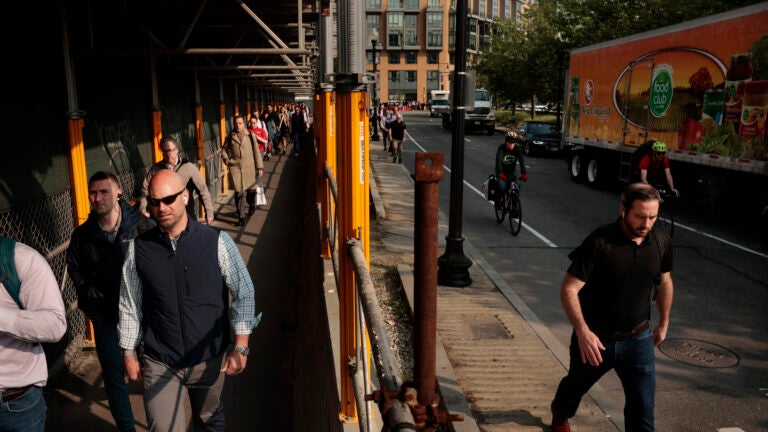




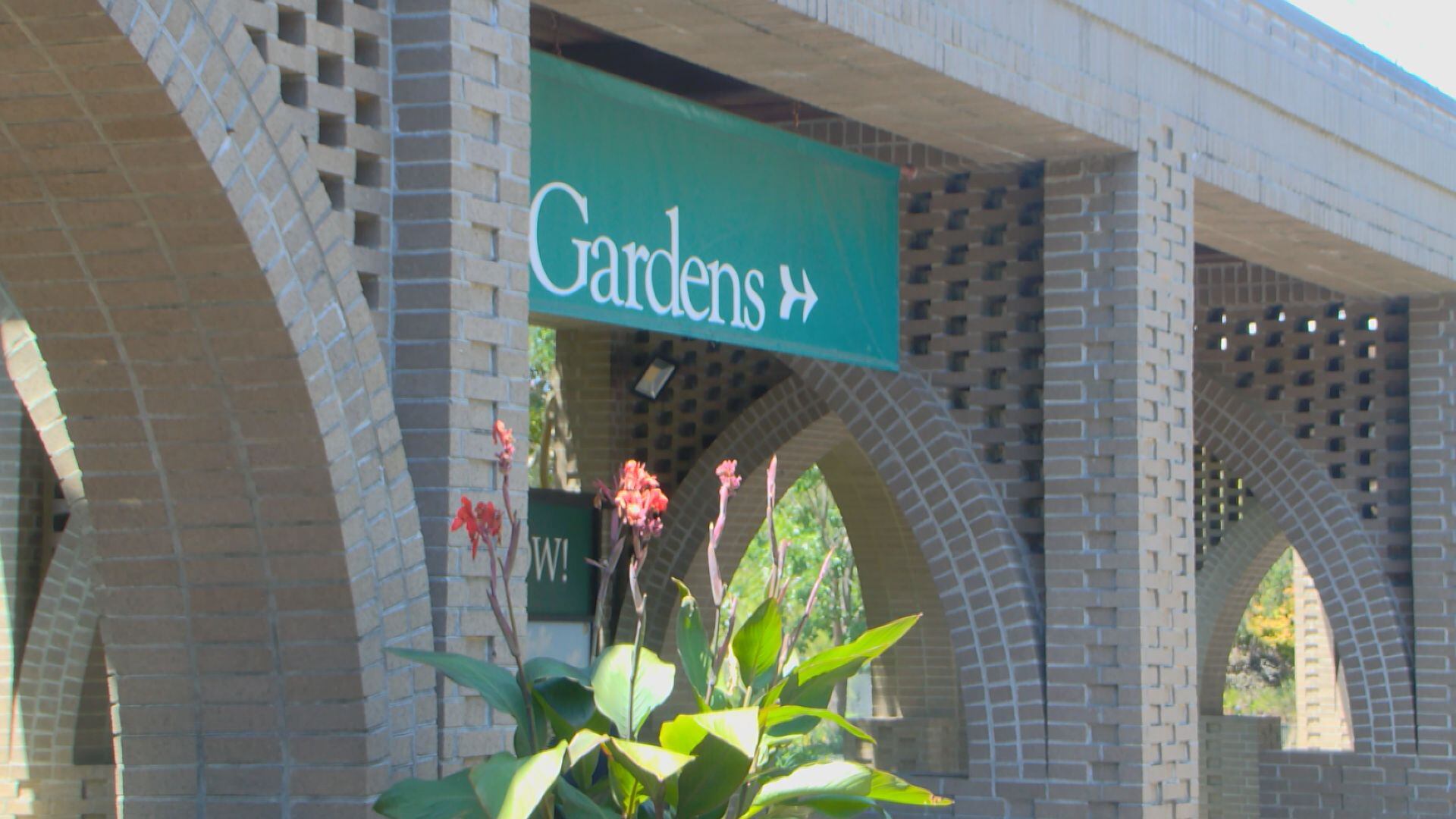

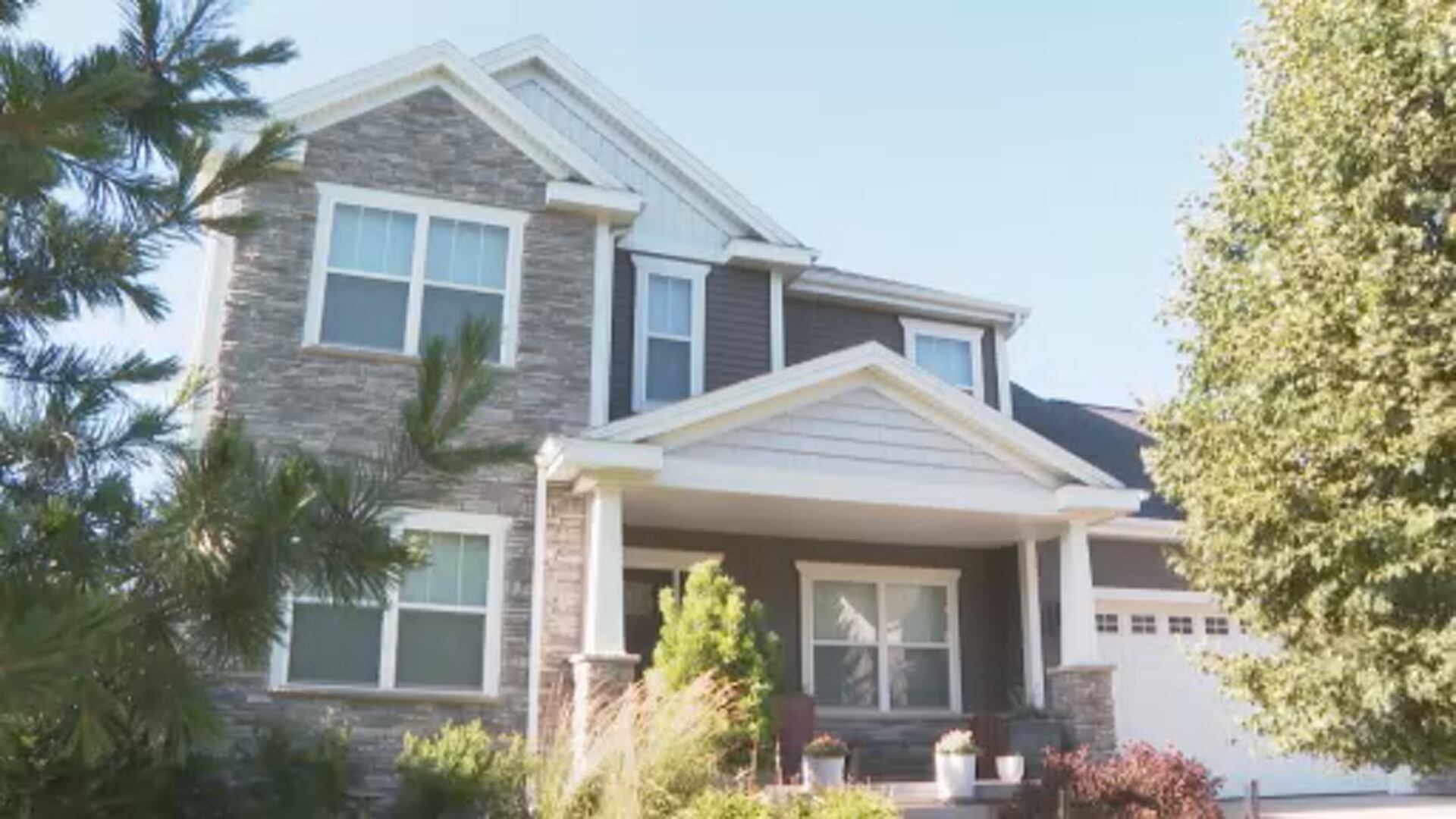
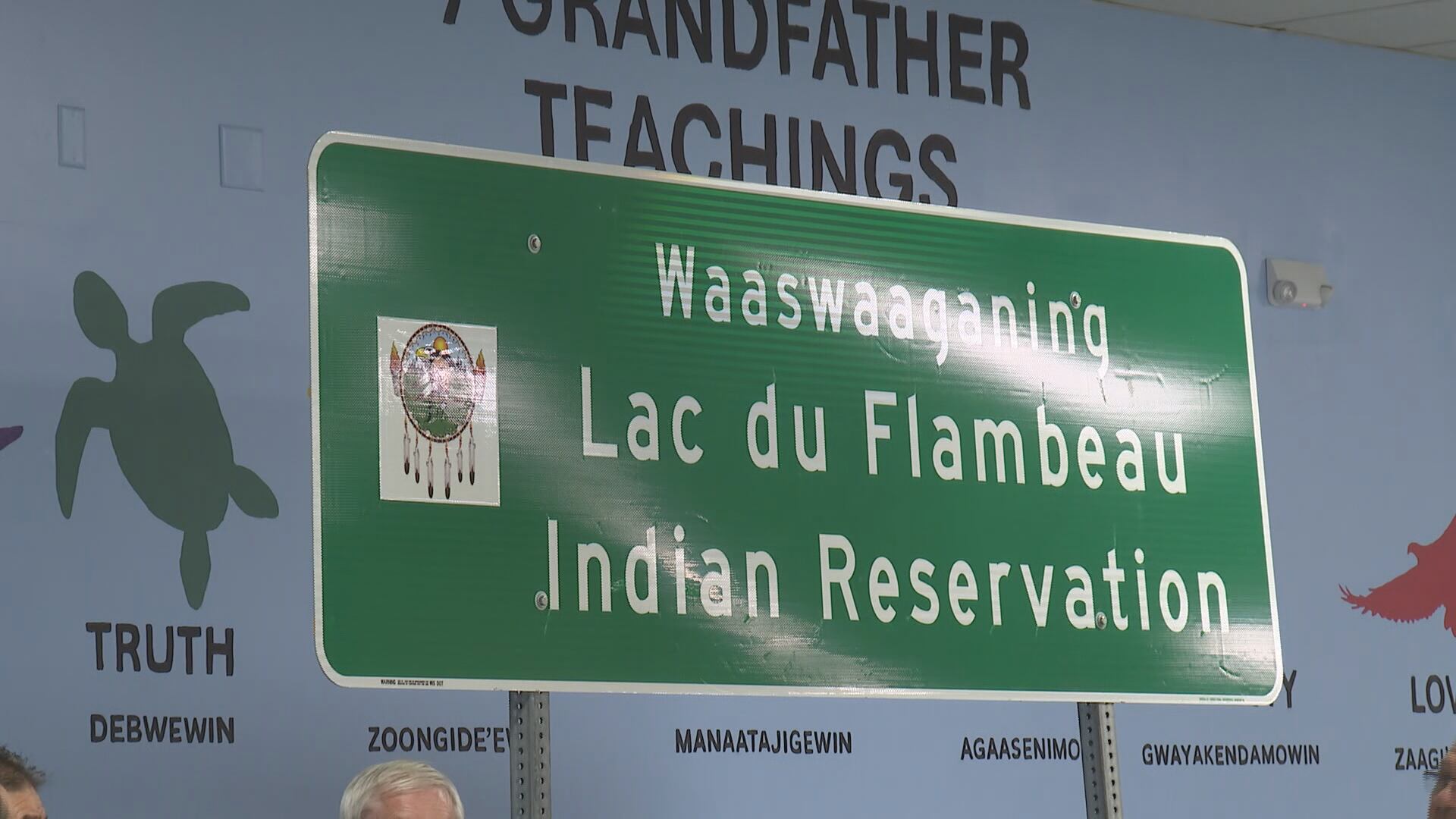
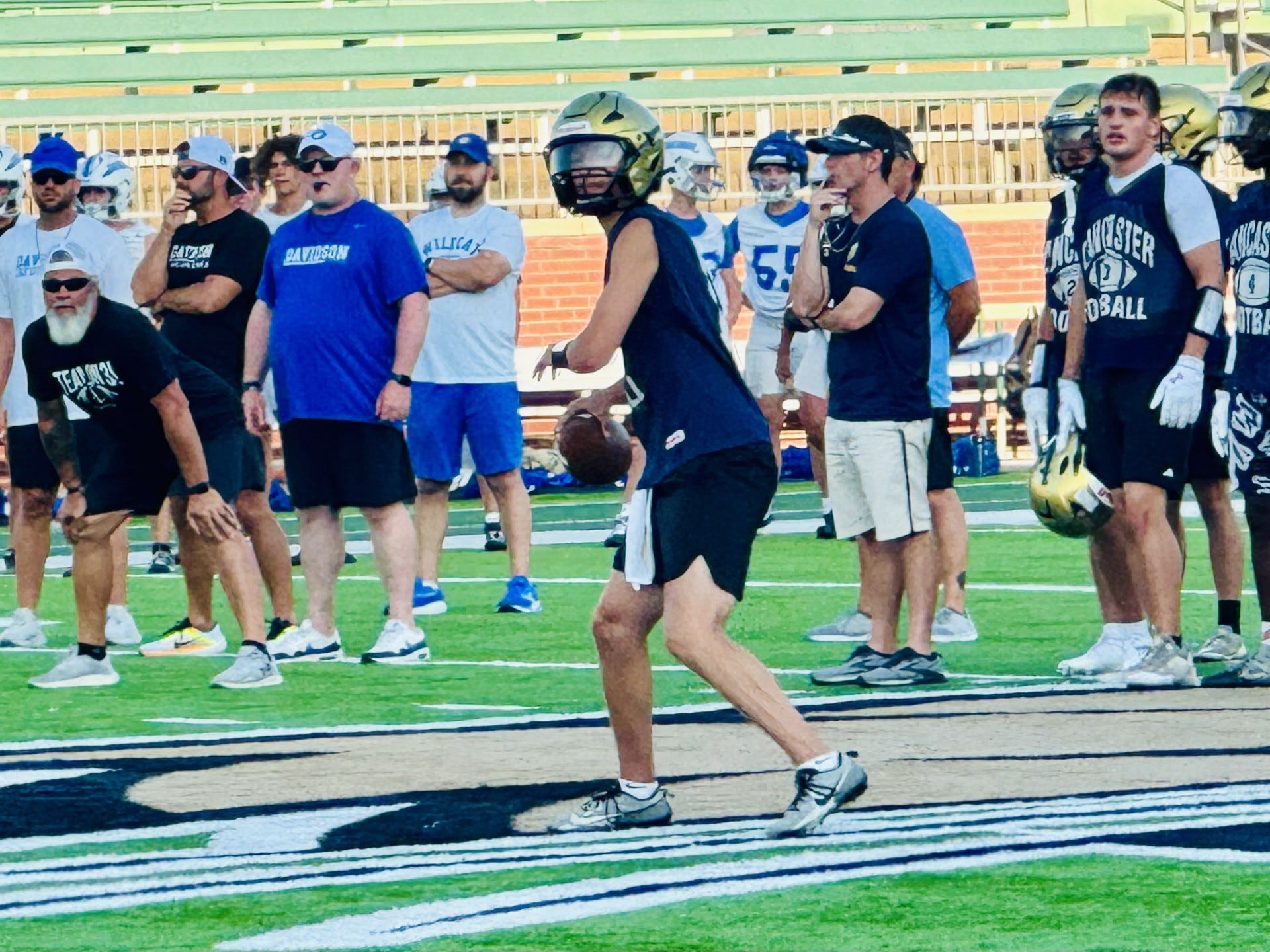
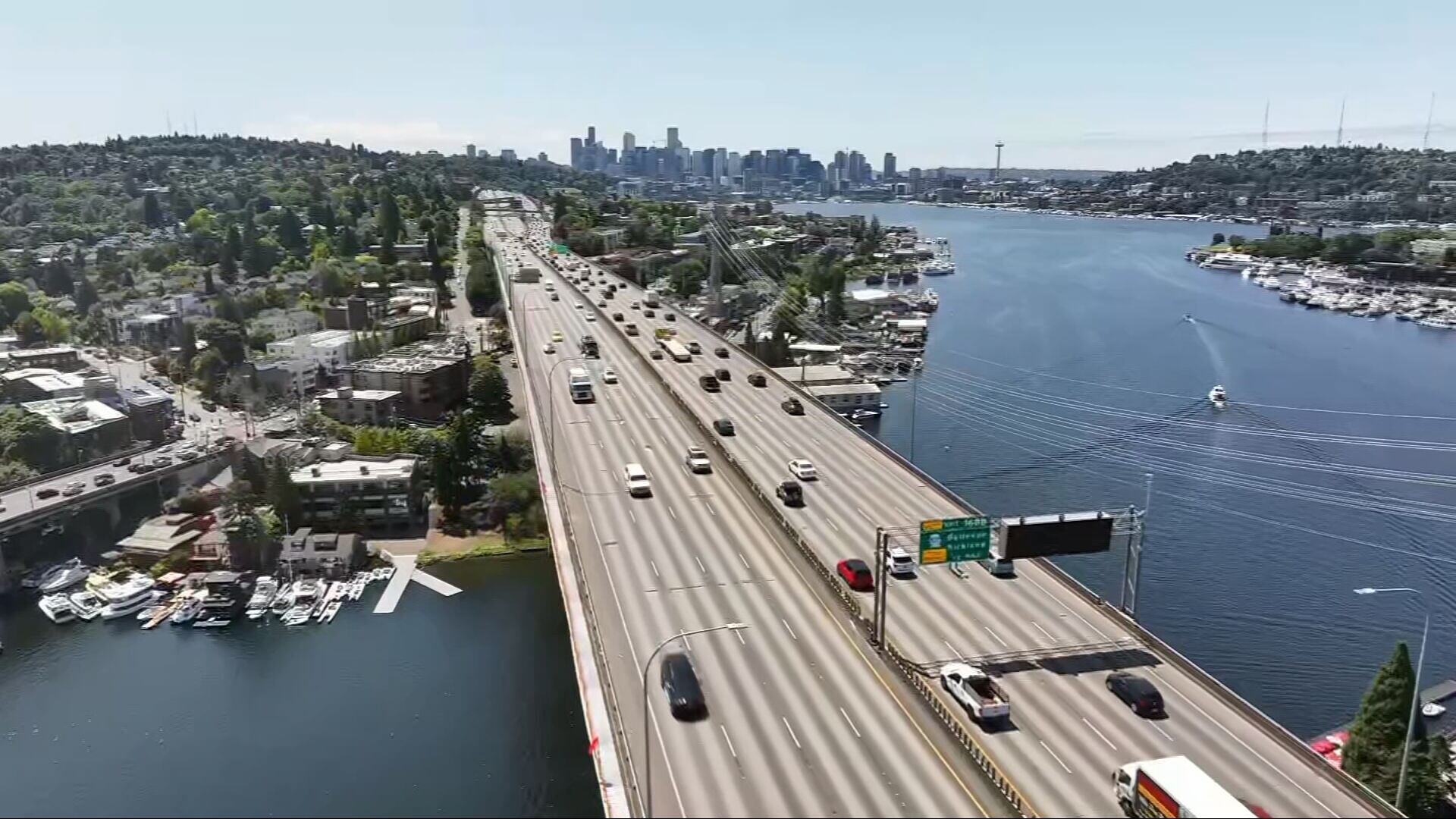
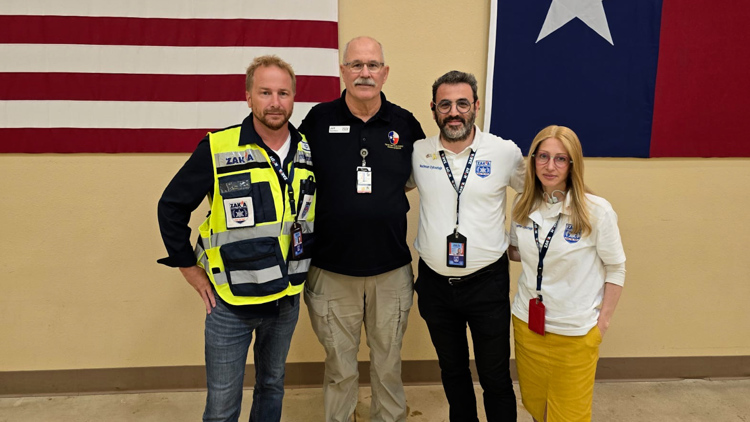
king88winvip
King88winvip, se você quer se sentir um rei no mundo das apostas, esse é o lugar! Atendimento VIP, bônus generosos e uma plataforma que te deixa no comando! Seja o rei no king88winvip.